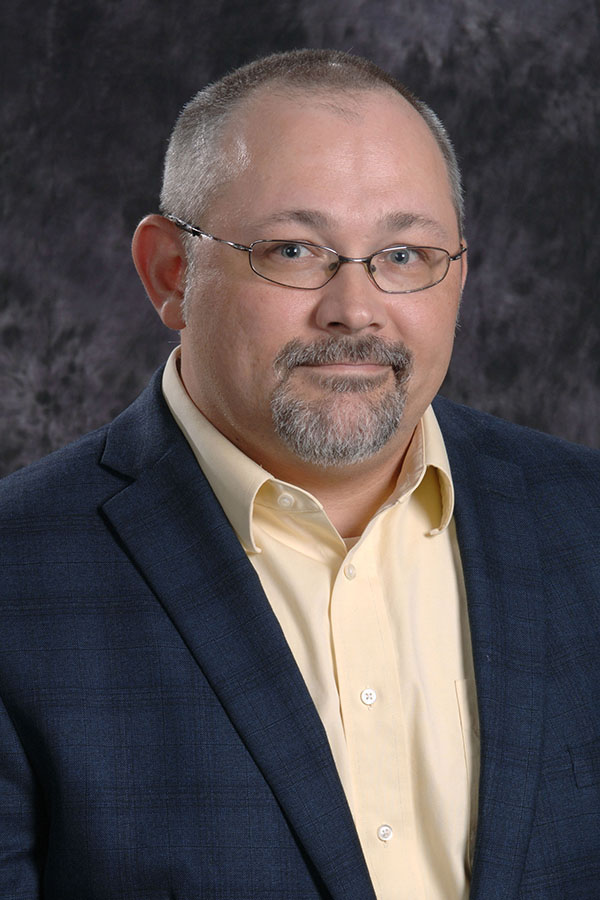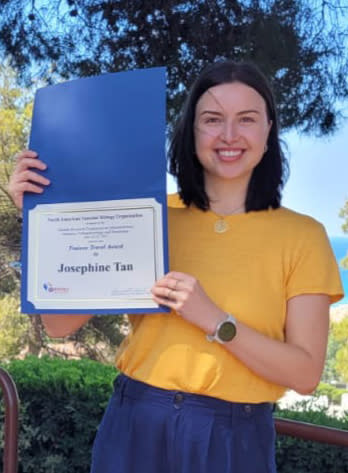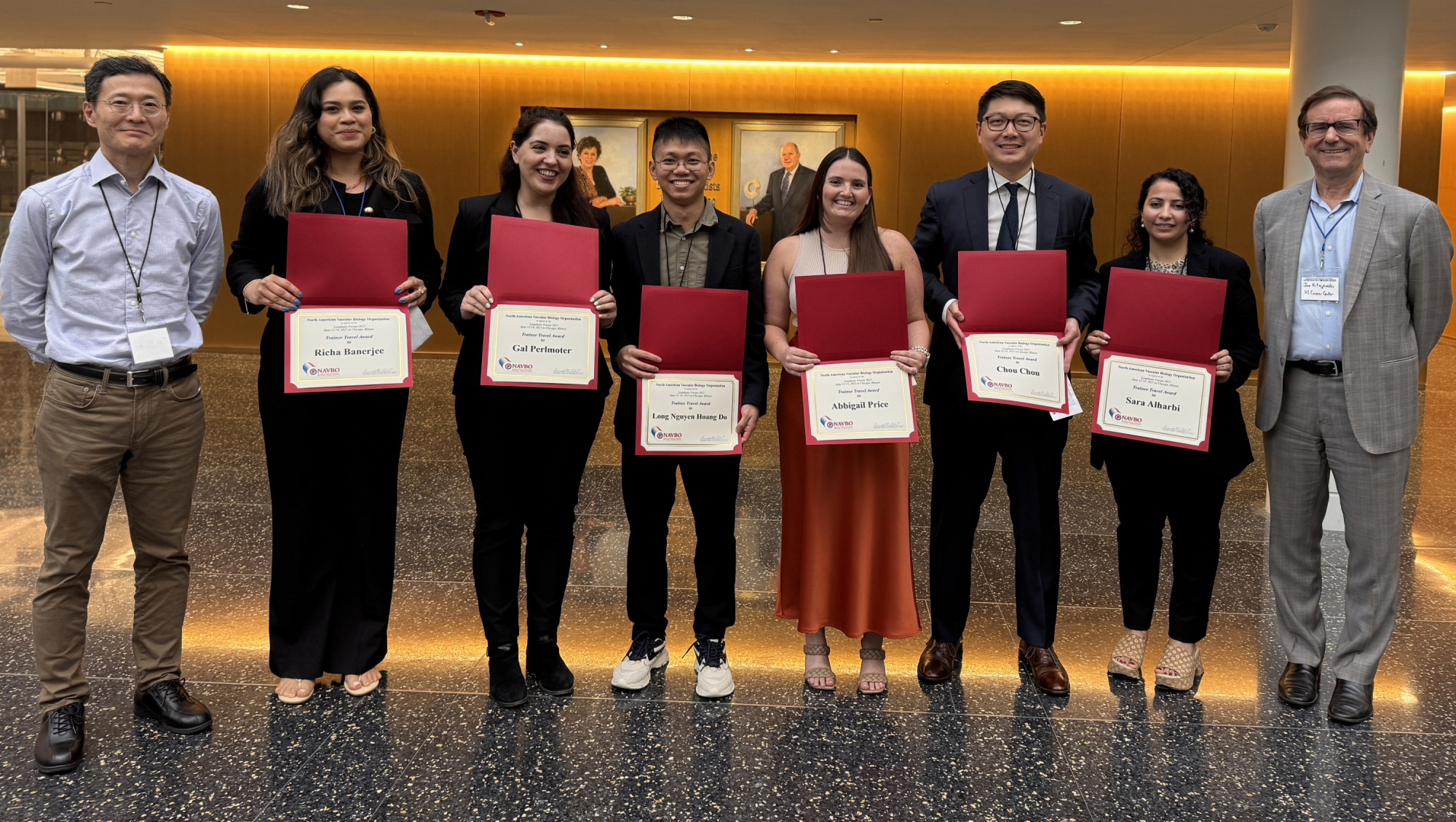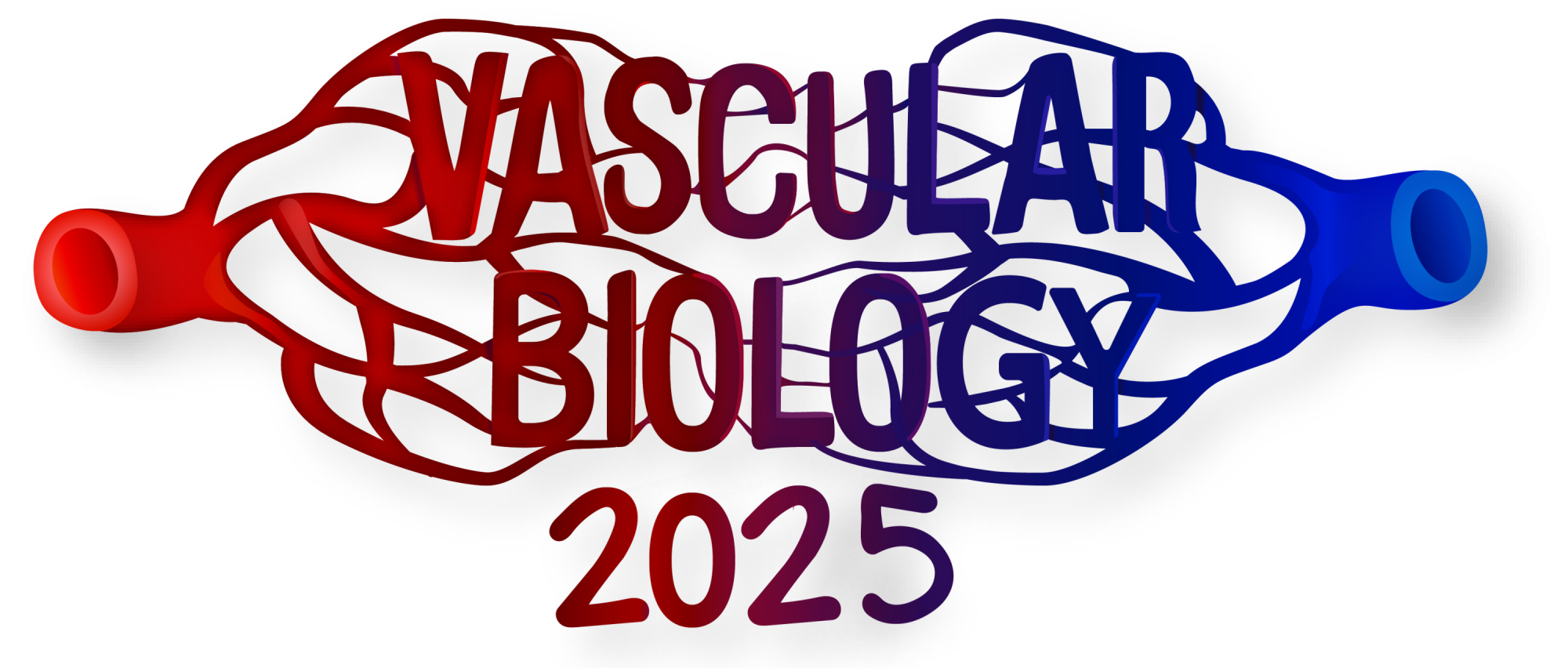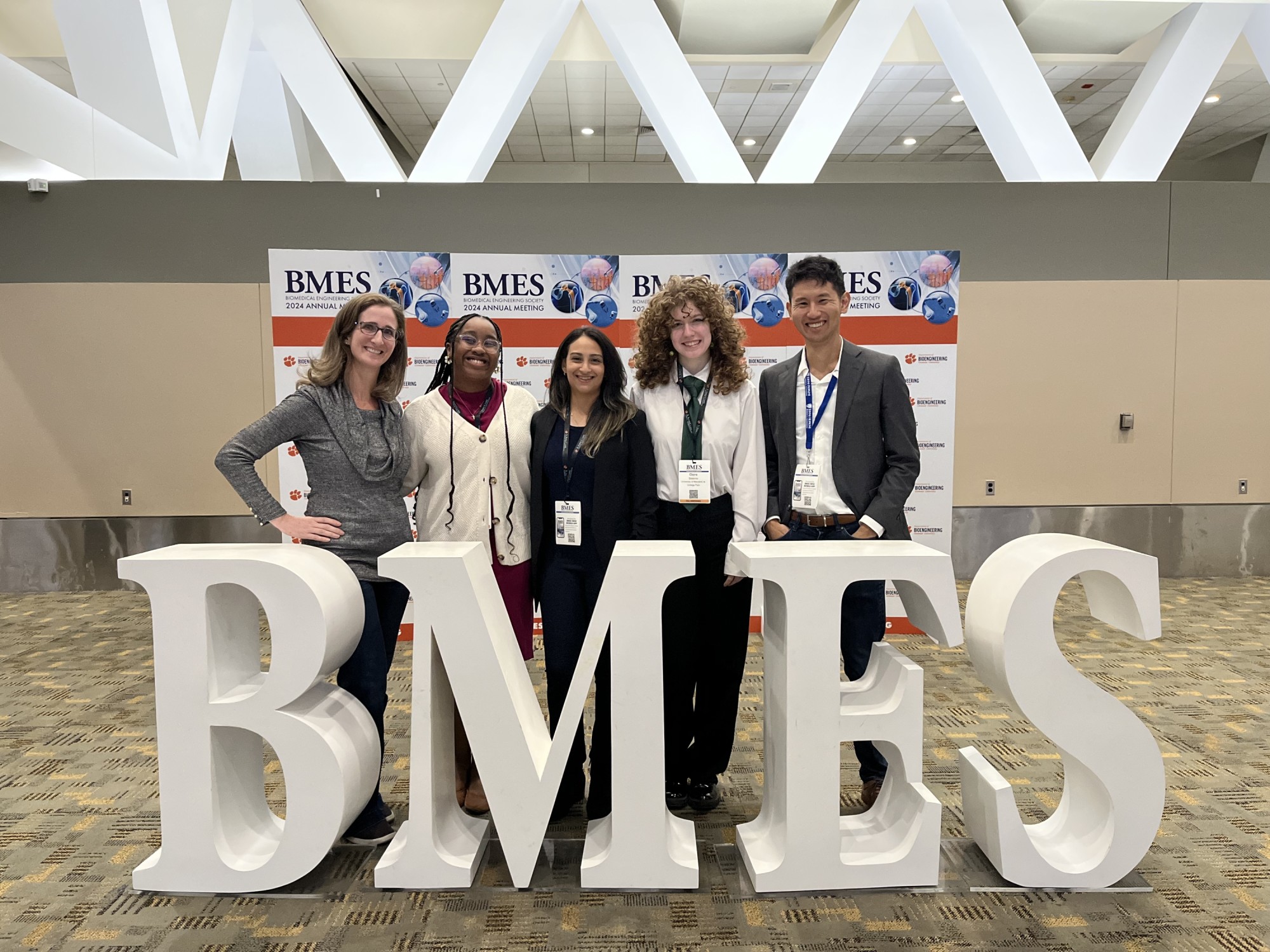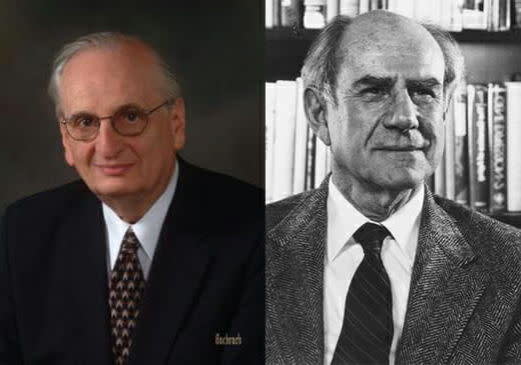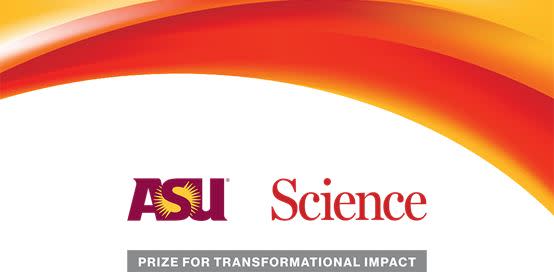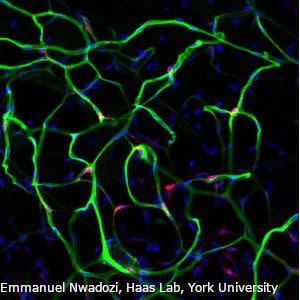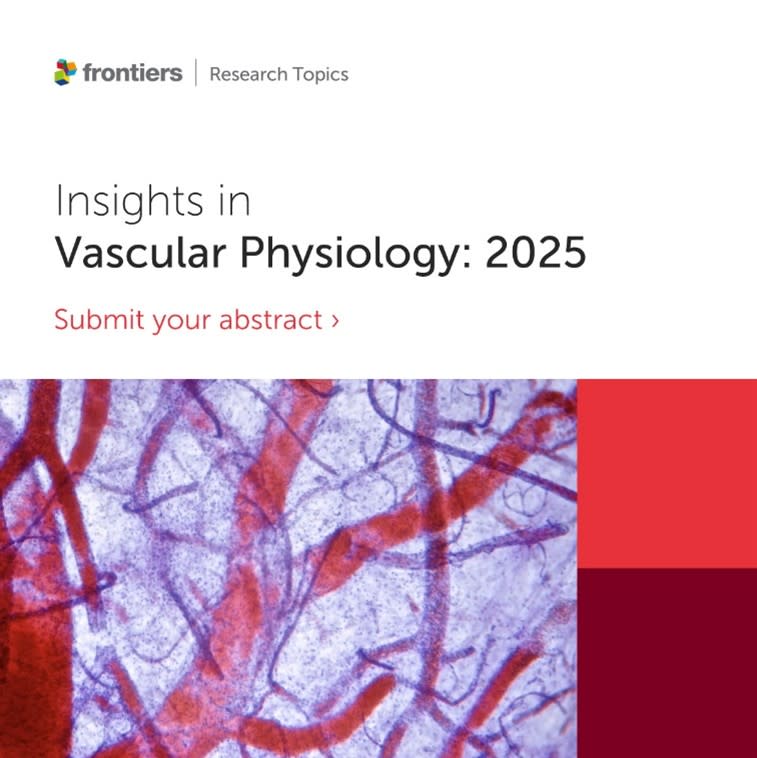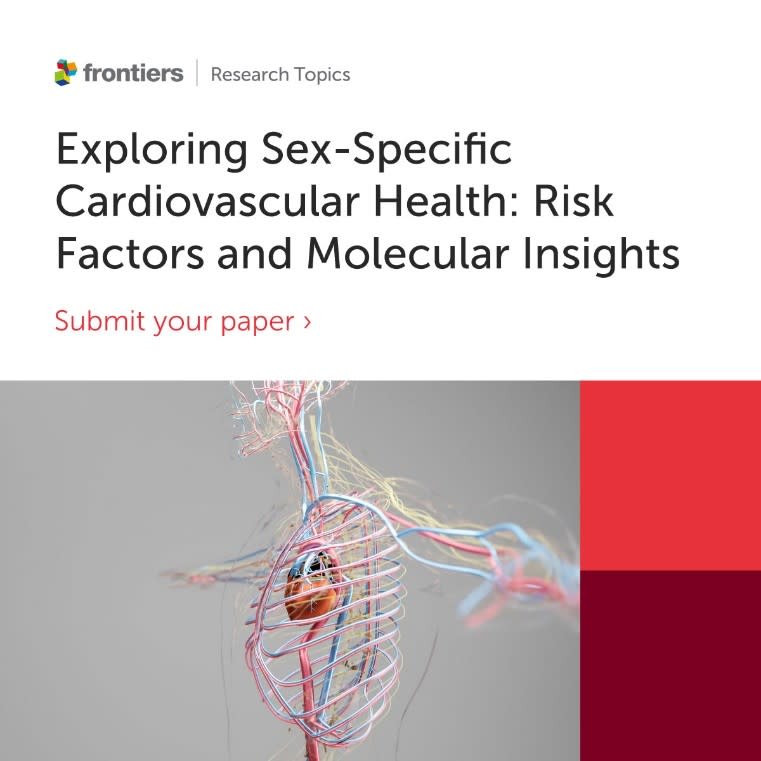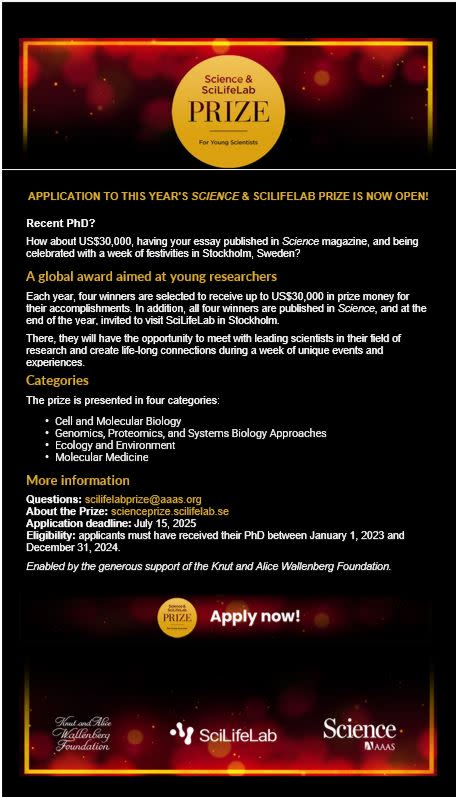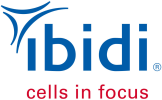|
View this Newsletter Online |
|
|
|
|
July 2025 |
|
President's Message |
|
|
NIH/NSF cuts in the FY2026 appropriations. In addition, ask your Members of Congress to reject any limits that would curb charitable donations and to support the bipartisan Charitable Act, which would expand tax incentives for all donors, ensuring our societies can continue their vital work.
Wayne Orr, PhD President, NAVBO
Helpful links: Contact information for US Congress Members More tools for Advocacy from Research!America |
|
|
Meet our New President Elect - Cynthia St. Hilaire |
|
|
Congratulations Dr. Cynthia St. Hilaire - President Elect Cynthia St. Hilaire, PhD, FAHA is an Associate Professor of Medicine, Cardiothoracic Surgery, and Bioengineering at the University of Pittsburgh and a Faculty Scholar within the Vascular Medicine Institute. She leads a research team focused on identifying and characterizing the mechanisms underlying the development of vascular and valvular calcification pathologies, with specific interest in how inflammation and mechanical stress drive the transformation of a healthy vascular cell into a calcifying cell. Dr. St. Hilaire obtained a BS in Molecular Genetics from the University of Vermont, a PhD in Biochemistry at Boston |
|
University School of Medicine, and performed her postdoctoral fellowship at the National Heart, Lung, and Blood Institute at the NIH. In 2011 Dr. St. Hilaire and colleagues in the nascent NIH Undiagnosed Diseases Program discovered the genetic cause of a new rare disease, Arterial Calcification due to Deficiency of CD73, which marked the start of her research in the field of cardiovascular calcification. In 2015 she joined the University of Pittsburgh as an Assistant Professor and in 2022 she was promoted to Associate Professor with Tenure. Dr. St. Hilaire is an internationally recognized expert in the field of cardiovascular calcification and has several patents applications to leverage her discoveries for clinical use. Dr. St. Hilaire has received numerous recognitions for her work, including the Orloff Science Award, the NHLBI Director’s Award, The American Physiological Society APSselect Award, and Best Peripheral Artery Disease Research Award in Epidemiology/Preventative Medicine. In 2020 she was appointed a Fellow of the American Heart Association for her research and professional accomplishments as well as her service to the American Heart Association. She is currently an Associate Editor at the American Heart Association’s journal Circulation Research, and is the host of their monthly podcast, Discover CircRes, and serves on the Editorial Board of The Journal of the American Heart Association, and Arteriosclerosis, Thrombosis, and Vascular Biology. Dr. St. Hilaire has held or holds leadership roles in the American Heart Association Council on Arteriosclerosis, Thrombosis, and Vascular Biology, the International Society of Applied Cardiovascular Biology, and the North American Vascular Biology Organization. As the Chair of the ATVB Early Career Committee, she spearheaded the development and implementation of informational programming and role-playing workshops designed to hone essential skills that foster the long-term success and advancement of postdoctoral fellows and early career faculty. In her role as the Chair of the ISACB Women’s Leadership Committee, she led the subcommittee that identified and addressed gender disparities in invited lectures, moderators, and keynote speakers at annual colloquia. Additionally, she played a role in establishing the Family Care Travel Award, a vital initiative aimed at providing financial support to offset caregiver costs (e.g., childcare, eldercare), thereby enabling awardees to attend annual meetings. At the University of Pittsburgh, Dr. St. Hilaire was the Chair of the 2022 American Heart Association’s Fellows Research Day as well as the 2024 and 2025 Department of Medicine Research Day, as is the co-Director of the PittMed Scientists Well-being Initiative. Work in her laboratory is funded by the National Heart, Lung, and Blood Institute, the American Heart Association, the McKamish Family Foundation, and the Winter Family Foundation. |
|
Congratulations |
|
|
Congratulations Josephine Tan
Dr. Josephine Tan presented her abstract, PRDM16 controls smooth muscle cell fate in atherosclerosis, at the Gordon Research Conference on Atherosclerosis in Spain, earlier this month. Dr. Tan is a Research Fellow at Amsterdam University Medical Center and is a member of the NAVBO Education Committee. Congratulations, Dr. Tan on a well-deserved award! |
|
|
|
|
Congratulations to the NAVBO Travel Award Recipients at the Lymphatic Forum 2025
Richa Banerjee, University of South Florida Gal Perlmoter, Weizmann Institute of Science Long Nguyen Hoang Do, Temple University Abbigail Price, University of South Florida Chou Chou, Weill Cornell Medicine Sara Alharbi, Cincinnati Children's Hospital/University of Cincinnati |
|
The Vascular Network |
|
|
Introducing The Vascular Network - NAVBO's Exclusive Social Hub! We’re thrilled to unveil The Vascular Network, NAVBO’s brand-new social media platform built for our members. Designed to keep you connected and engaged—without the distractions, ads, or clutter of traditional platforms—this space is all about you and the vascular biology community. Be sure to whitelist noreply@junolive.com so you don’t miss the Daily Digest. What Can You Do on The Vascular Network?
We, the Communities Committee, are excited to welcome you to this dynamic new space. The Vascular Network is your go-to destination for all things NAVBO—collaborate, share, and grow with your peers in vascular biology. Let’s get connected! |
|
Vascular Biology 2025 |
|
|
|
Save $$$ - register by 8/31 for Vascular Biology to get the Early Bird Discount! |
|
Lab of the Month |
|
|
Month - July 2025 The Lab of Dr. Alisa Clyne This month we are highlighting the lab of Dr. Alisa Clyne, Professor at the University of Maryland.
Find out more about her lab by visiting her page in our Lab of the Month listing. |
|
Spotlight on Trainees |
|
Mirzayan Policy Fellowship applications invited The application window for the 2026 Christine Mirzayan Science and Technology Policy Graduate Fellowship Program is open for current graduate students or recent (<5 years) graduates who are interested in exploring career opportunities in science policy. This full-time, hands-on workforce training and educational program enables early career scientists to spend 12 weeks at the National Academies of Sciences, Engineering, and Medicine in Washington, DC, learning about science policy and interacting with science and technology policy experts. Interested parties may register for an online info session to be held July 16, 2025 at 2:00 p.m. ET. International students already based in the United States are eligible to apply. Application deadline is August 20, 2025. |
|
Call for Nominations |
|
|
We are seeking nominations from the membership for the 2026 Earl P. Benditt and Judah Folkman Awards, which will be presented at Vascular Biology 2026 at Asilomar in Monterey.
Nominations are due July 15, 2025. See the web site for more details. |
|
|
|
|
This award recognizes a Junior Faculty, who is within five years of their first independent investigator position or within five years of an independent research position in academia, government, or industry. An applicant must be |
|
submitting and presenting an abstract at the upcoming annual meeting. The award recipient will present their abstract in a 20-minute presentation usually within the Award Lecture session. Submit an abstract to Vascular Biology 2025 and complete an award application. For the 2025 award, the first appointment needs to be January 1, 2020 or later.
THE SPRINGER JUNIOR INVESTIGATOR AWARD IS MADE POSSIBLE BY SUPPORT FROM ANGIOGENESIS |
|
Award Opportunity for Trainees |
|
|
|
|
Arizona State University and Science have partnered to create the ASU–Science Prize for Transformational Impact. This prize recognizes transformational research that uses innovative methods and approaches to identify problems and develop solutions with impacts on policy and decision-making.
|
|
Member News |
|
Welcome to our New Members: Stephen Asare Addo, Augusta University Anthony Anzell, Saint Louis University Kyoungmi Bak, McGill University Kylie Browne, Tulane University Ashley Clark, University of Missouri Jacob Dairaghi, University of Washington Mark Danesh, York University Jonathan Dias, Rutgers Health Mauro Lago Docampo, Stanford University Yunping Guo, Rutgers University Moira Hilscher, Mayo Clinic Gwang-Bum Im, Boston Children's Hospital/ Harvard Medical school Hyunyun Kim, Université de Montréal Shujuan Li, University of Oklahoma Health Science Center Théa Milland, University of Montreal George Nader, York University Ina Nemet, Cleveland Clinic, Lerner Research Institute Alexandra Pislaru, York University Guanghui Qian, Brown University Anirban Ray, Tulane University Lien Mari Reolizo, University California Irvine Stephanie Roser, Brown University James Shadiow, University of Michigan Sohel Shamsuzzaman, University of Virginia School of Medicine Jeonghyun Son, Stanford University Madison Williams, University of Virginia Alice Wong, Stanford University Qingqing Yin, Stanford University Yonglin Zhu, Boston Children's Hospital |
|
Recent Member Publications |
|
If you recently published a paper and would like to have it included in a future issue of the NAVBO NewsBEAT and/or on our web site. Please send the citation to membership@navbo.org |
|
Industry News |
|
Federal funding for life science research and recent Congressional actions At this writing, the so-called Big Beautiful Bill is inching toward approval by the US House of Representatives. While no doubt broadly impactful, the BBB is a budget reconciliation bill and not the FY2025 or FY2026 federal budget. Thus, approved funding for the NIH and NSF in principle remains as proscribed under the FY2025 Continuing Resolution. Stormy waters lie ahead nevertheless, as the FY2026 HHS budget proposes drastic reductions in NIH’s discretionary budget, grant funding, and researcher training and intramural research programs.
Simpler Search Experience Available Soon Toward the end of July, visitors to Grants.gov will begin seeing two options, “Classic Search” and the “New Simpler Search,” to facilitate their sifting through funding opportunities. Intrepid investigators can get an early peek and test the waters now at simpler.grants.gov/search.
Implementation of NIH’s simplified review framework In an effort to mitigate the complexity of the peer review process and the potential for reputational bias to skew review outcomes, the NIH has simplified peer review for most research project grants for application due dates of January 25, 2025 or later. In advance of upcoming review meetings, Center for Scientific Review officers will meet with all their reviewers to ensure consistent implementation of the updated evaluation and scoring of applications. Reviewer resources are publicly available so that the applicant community can better understand how reviewers are evaluating their grant applications. |
|
Call for Papers |
|
|
Frontiers In Cardiovascular Medicine Research Topic: Advances in Vascular Malformations: From Molecular and Cellular Mechanisms to Clinical Therapies and Management Topic Editors: Jennifer Fang, Elisa Boscolo, Miguel Lopez-Ramirez, Alexandre Dubrac NAVBO is sponsoring this Research Topic through our partnership with Frontiers in Cardiovascular Medicine. Vascular malformations refer to a wide range of structural abnormalities that can affect all vessel types in the blood and vascular lymphatic trees – including arteries, capillaries, and veins. Vascular malformation diseases can be inherited or can occur spontaneously; however, in all cases, resulting vascular lesions can significantly compromise cardiovascular and organ function and reduce patient quality-of-life. In this Research Topic, we aim to gather contributions from scientists and clinicians to share recent advances in our understanding of the biology and treatment of vascular malformations. Ultimately, our goal is to accelerate the development of new therapeutic treatments for patients with vascular malformations affecting blood or lymphatic vessels. Specific areas of interest are listed on the webpage: https://www.frontiersin.org/research-topics/70339/advances-in-vascular-malformations-from-molecular-and-cellular-mechanisms-to-clinical-therapies-and-management If you are interested in participating in this Topic, we encourage you to consider submitting a proposed manuscript summary by June 28, 2025.
|
|
|
|
|
BMC Biology is calling for submissions to theirr Collection on vasculogenesis and angiogenesis in vivo and in vitro. This Collection aims to bring together cutting-edge research that explores the cell and molecular mechanisms and therapeutic applications of blood vessel formation in health and disease. Tara Haas, York University, is one of the guest editors. Deadline for submission is August 22, 2025. Download the flyer for more information.
|
|
|
|
This Research Topic will constitute the second volume of the Insights in Vascular Physiology series. The 2025 volume invites submissions of original papers, reviews, or perspectives on such topics as abdominal aortic aneurysm, impact of microbiome on vascular physiology, cerebral microcirculation, and coronary microcirculation (see the link below for full topics list). This issue is edited by Drs. Luis A. Martinez-Lemus, University of Missouri, Columbia, USA; Christopher Garland, University of Oxford, Oxford, UK; Francesco Moccia, University of Molise, Campobasso, Italy; and Andrew P Braun, University of Calgary, Calgary, Canada. Frontiers | Insights in Vascular Physiology: 2025, Submission Deadline: November 2025 |
|
|
|
|
|
This collection focuses on the biochemical determinants and risk factors that contribute to the sex differences in cardiovascular disease initiation, development, presentation, and diagnosis. Specific areas of interest include coronary disease, microvascular dysfunction, hormonal and non-hormonal mechanisms of sex-related cardio protection, vascular biomechanics, and impacts of gender (as distinct from biological sex) and related lifestyle on cardiovascular health. The topic editors are Drs. Irena Levitan, University of Illinois Chicago, Catherine Martel, Universite de Montreal, and Benard Ogola, Augusta University. Frontiers | Exploring Sex-Specific Cardiovascular Health: Risk Factors and Molecular Insights. |
|
NAVBO Corporate Partners |
|
NAVBO Corporate Member |
|
Calendar of Events |
|
|
Job Postings |
|
|
|
|
North American Vascular Biology Organization |


